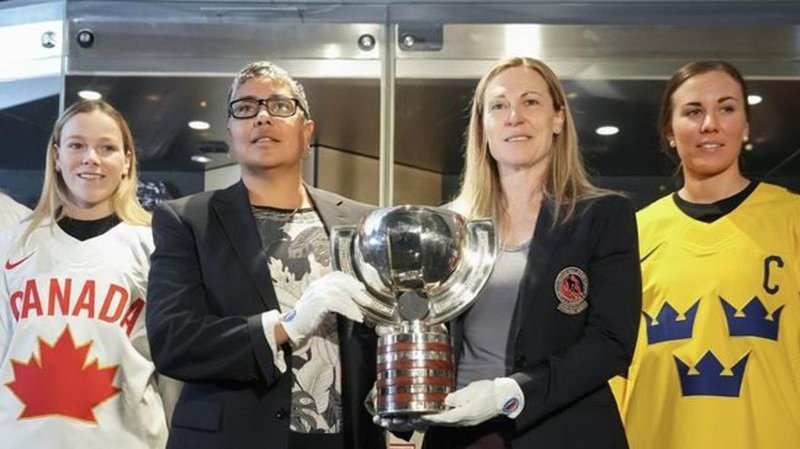
Foundation collective bargaining agreement redefines women’s professional hockey
A binding, bedrock document now in place, the best players in women’s hockey will have a premier, professional North American league of their own.
“This is probably the most pivotal moment in the sport that we’ve really ever had,” forward Sarah Nurse told The Canadian Press on Monday.
The Professional Women’s Hockey Players’ Association (PWHPA) ratifying a collective bargaining agreement with the new league’s owners Sunday evening cleared the road for it to start operating in January 2024.
The other critical development was last week’s announcement that Los Angeles Dodgers chairman Mark Walter, one of the new league’s financial backers, bought out the rival seven-team Premier Hockey Federation that featured Canadian clubs in Toronto and Montreal.


